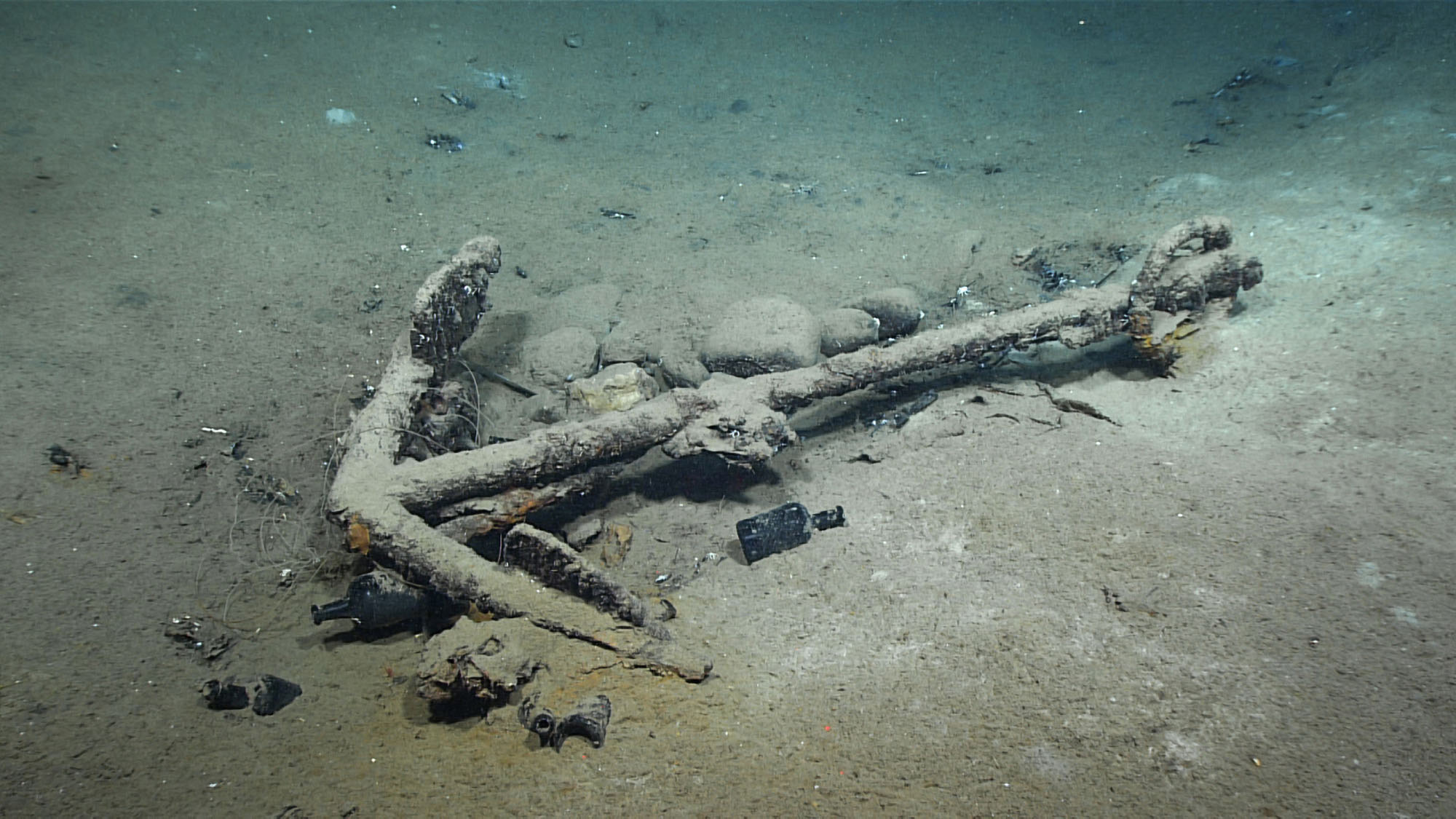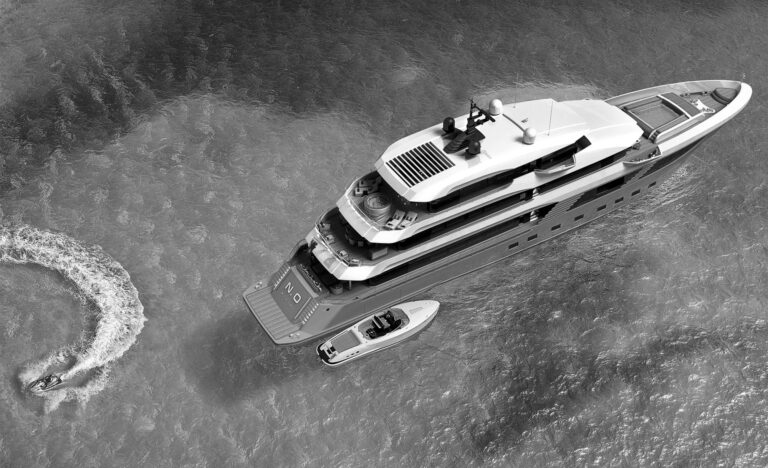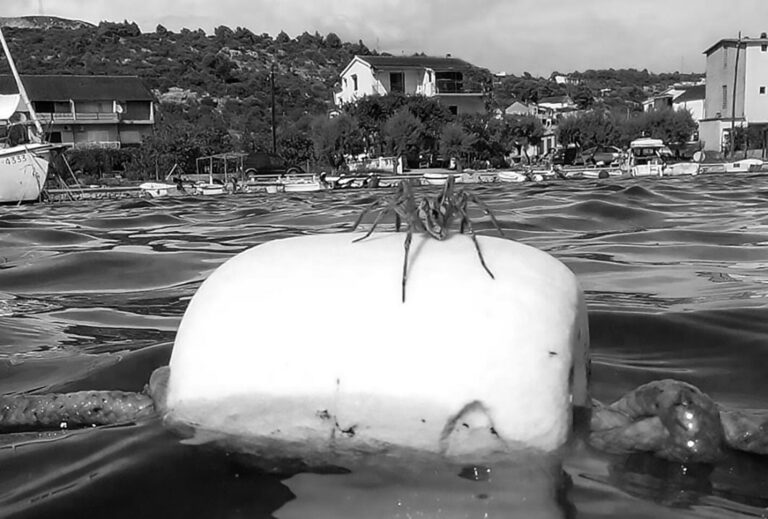The wreck of this 207-year-old whaling ship has been discovered by the US National Oceanic and Atmospheric Administration in the Gulf of Mexico.
The National Oceanic and Atmospheric Administration (NOAA), which is part of the US Department of Commerce, said in a statement obtained by Newsflash today (Wednesday, 23rd March) that “black and Native American mariners worked aboard” the vessel as “essential crew”.
It said that the vessel was called Industry and that it was found at the bottom of the sea in the Gulf of Mexico at a depth of 6,000 feet.
The 64-foot-long vessel, or what remains of it, was operated by the “descendants of African enslaved people and Native Americans” in “one of the nation’s oldest industries”.
US Deputy Secretary of Commerce Don Graves is quoted in the statement as saying: “Black and Native American history is American history, and this critical discovery serves as an important reminder of the vast contributions Black and Native Americans have made to our country.”
He added: “This 19th century whaling ship will help us learn about the lives of the Black and Native American mariners and their communities, as well as the immense challenges they faced on land and at sea.”
And NOAA Administrator Rick Spinrad, PhD, said: “Today we celebrate the discovery of a lost ship that will help us better understand the rich story of how people of color succeeded as captains and crew members in the nascent American whaling industry of the early 1800s.”
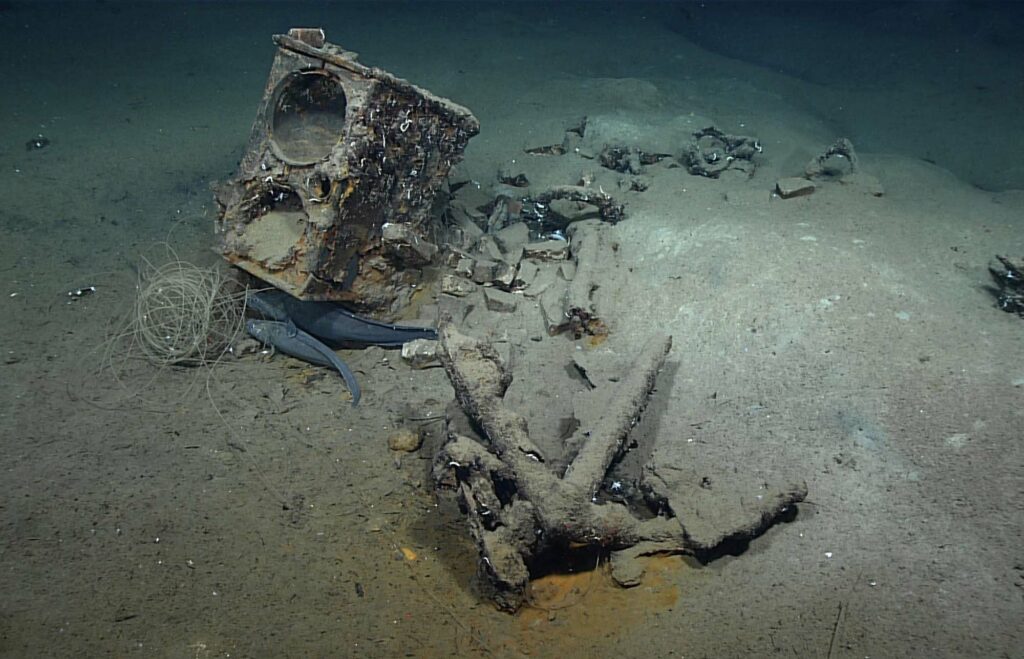
(NOAA Ocean Exploration/Newsflash)
He added: “The discovery reflects how African Americans and Native Americans prospered in the ocean economy despite facing discrimination and other injustices. It is also an example of how important partnerships of federal agencies and local communities are to uncovering and documenting our nation’s maritime history.”
NOAA explained that it had partnered up with scientists onshore and thanks to a satellite connection, the NOAA vessel Okeanos Explorer controlled a remote vehicle to explore the seafloor on Friday, 25th February, but it has just made the discovery public now.
The discovery has now been confirmed by scientists onshore, including James Delgado, PhD, senior vice president of SEARCH Inc., Scott Sorset, a marine archeologist for the US Bureau of Ocean Energy Management (BOEM) and Michael Brennan, PhD, also of SEARCH Inc., who said that the vessel was the brig Industry.
In its statement, the NOAA said: “The whaling brig was built in 1815 in Westport, Massachusetts, and hunted whales across the Atlantic Ocean, the Caribbean and the Gulf of Mexico for 20 years.
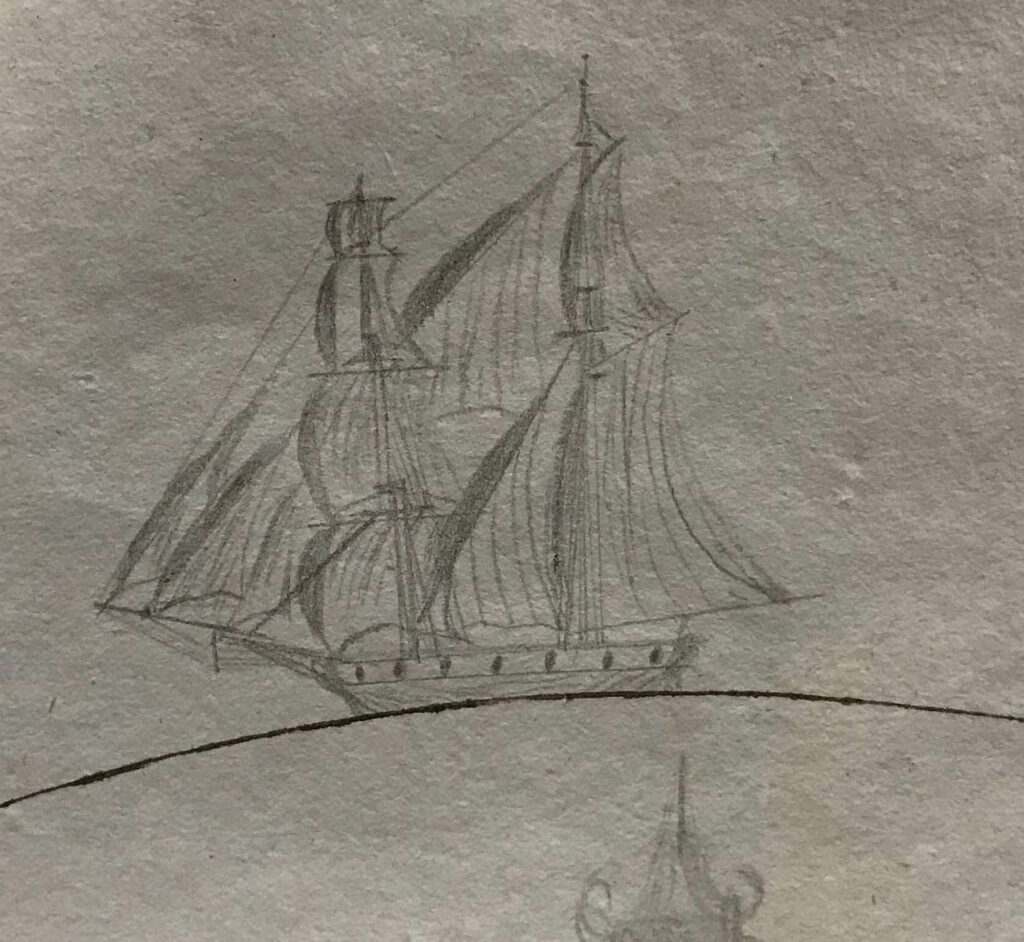
(New Bedford Whaling Museum/Newsflash)
“It was lost when a strong storm snapped its masts and opened its hull to the sea on May 26, 1836. Industry was whaling primarily for sperm whales more than 70 miles off the mouth of the Mississippi River. It is the only whaling ship known to have been lost in the Gulf of Mexico out of 214 whaling voyages from the 1780s to the 1870s.”
The crew members were reportedly picked up after the Industry sank by another vessel, named the Elizabeth, which took them back to port.
The NOAA also said: “While the crew list for the last voyage of Industry disappeared when the ship sank, lists of crews from previous voyages describe crewmembers and officers as including Black people, Native Americans, White people and multiracial people.”
The NOAA added: “The brig is connected to the life of Paul Cuffe, a mariner and entrepreneur whose father was a freed slave and mother was a Wampanoag Indian. Cuffe started whaling as a teenager and rose to become a successful ship builder, merchant, abolitionist, philanthropist, founder of an integrated public school and among the leaders of a project to settle freed Black people in a new colony in Africa. His son William was a navigator on Industry and his son-in-law, Pardon Cook, was an officer on the brig, and believed to have made the most whaling voyages of any Black person in American history.”
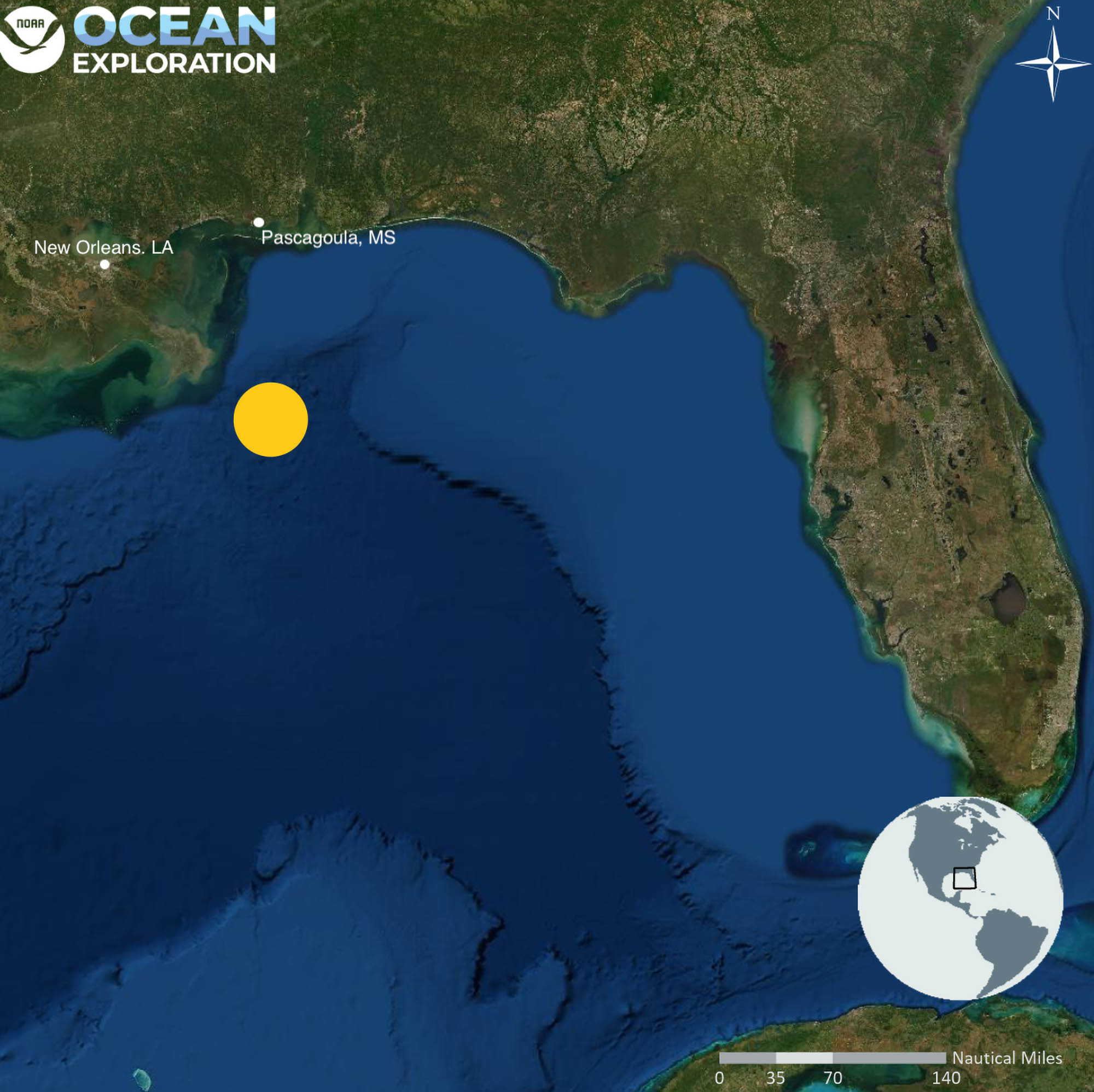
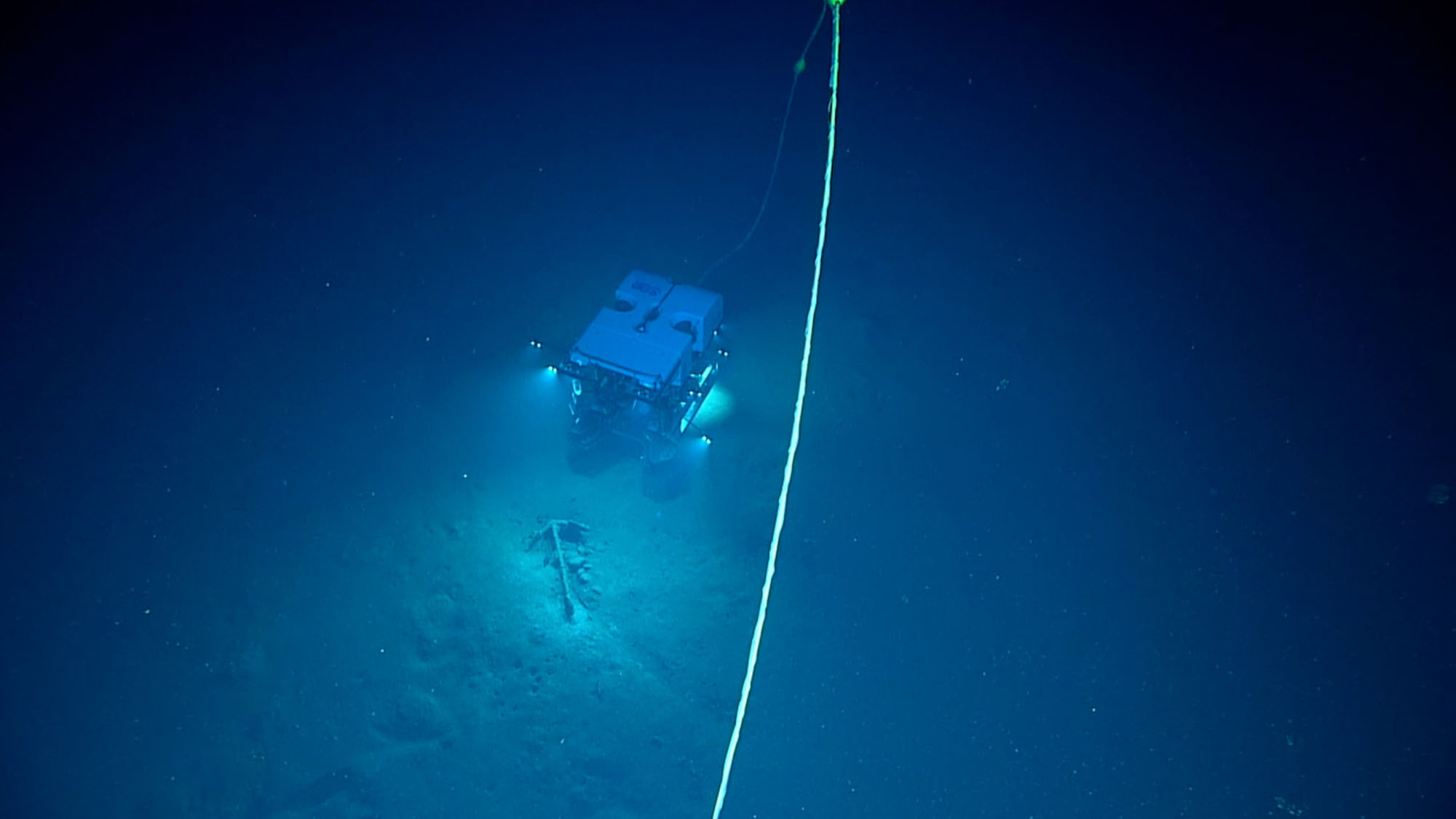
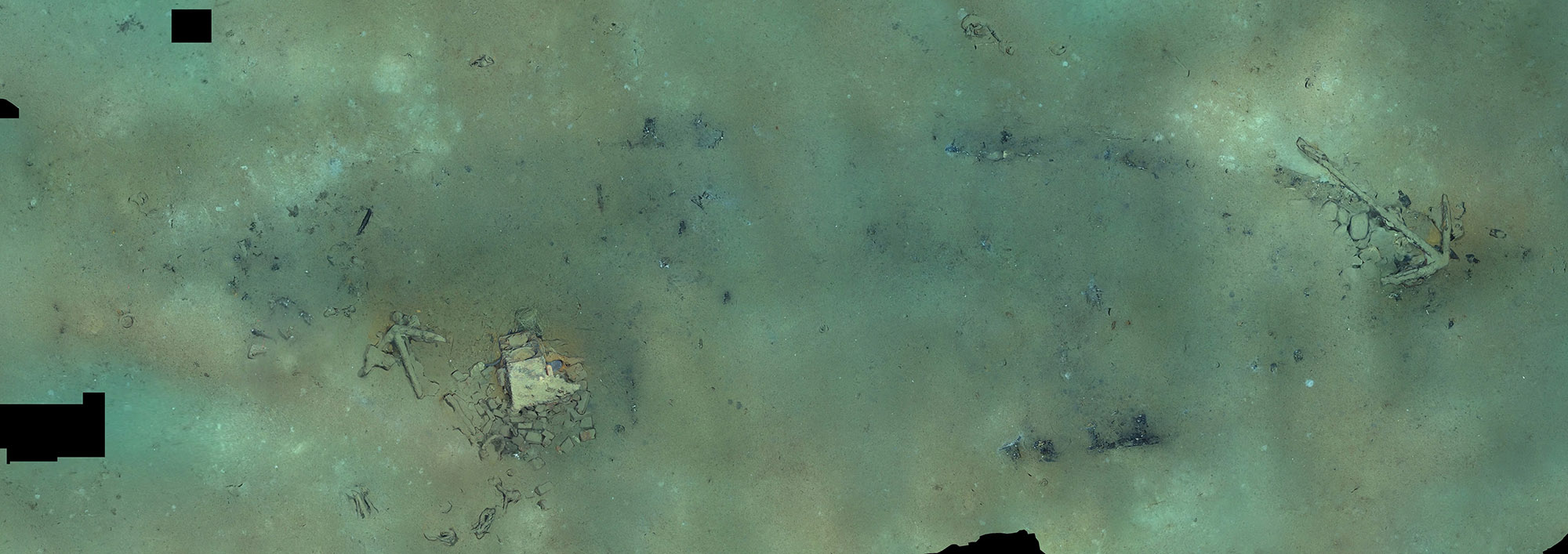
To find out more about the author, editor or agency that supplied this story – please click below.
Story By: Joseph Golder, Sub-Editor: William McGee, Agency: Newsflash
The Ananova page is created by and dedicated to professional, independent freelance journalists. It is a place for us to showcase our work. When our news is sold to our media partners, we will include the link here.

